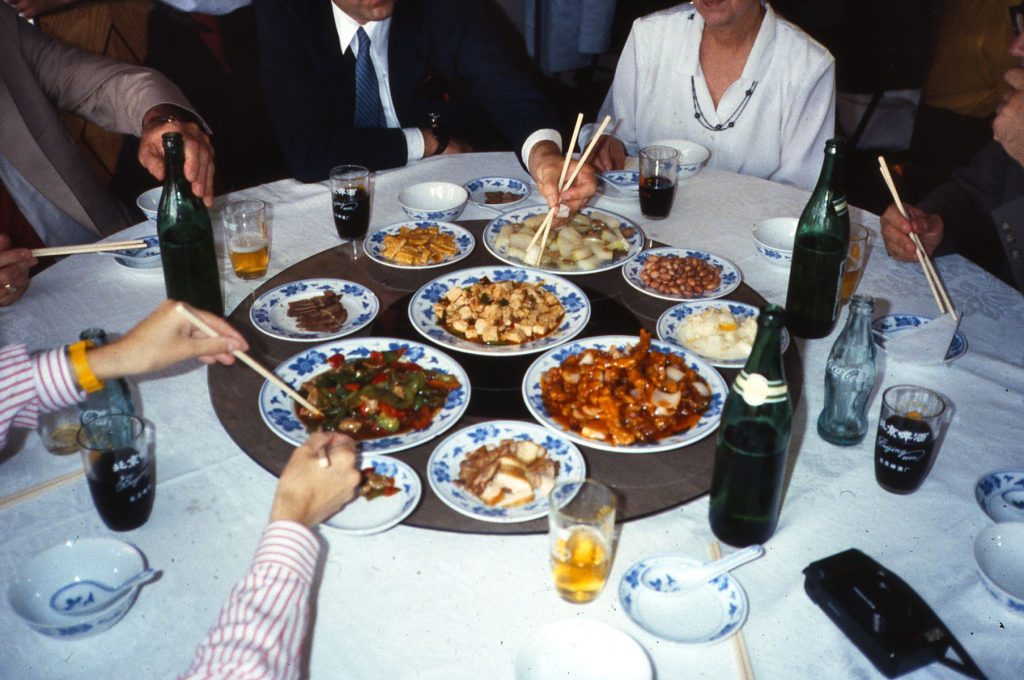
First of all, an announcement from contributor Chimezie Ihekuna, who is seeking an investor/executive producer for the project, One Man’s Deep Words. It is set in the US.
Produced By Vincent Turner, Developed By Robert Sacchi, 115 pages. Phase: Pre-production/Development, Budget Estimation: $23,000-314,000. Pitch deck and budget list available, please email synchchaos@gmail.com if interested.
Charles Griffin, a philosophy professor, is challenged by Adam, one of his students, over his unruly behaviour while lecturing. Though Charles is unhappy lecturing by the books, Adam’s challenge becomes the inspiration behind his nascent philosophy.
The first issue of 2025 presents a Lazy Susan of Ideas. This phrase comes from Desiree Richter, author of The Presence of Absence, about the accidental death of her young son and her journey out of rigid religious fundamentalism, out recently from the University of New Orleans Press.
In a recent interview on the podcast I Was a Teenage Fundamentalist, Richter describes reading a wide variety of books in her time of grief and being exposed to a whole “lazy Susan of ideas.”
This month’s contributors present a whole turntable of thoughts as well. Some, like Richter’s, are in response to personal or larger griefs, while others are philosophical or introspective or academic or celebratory.
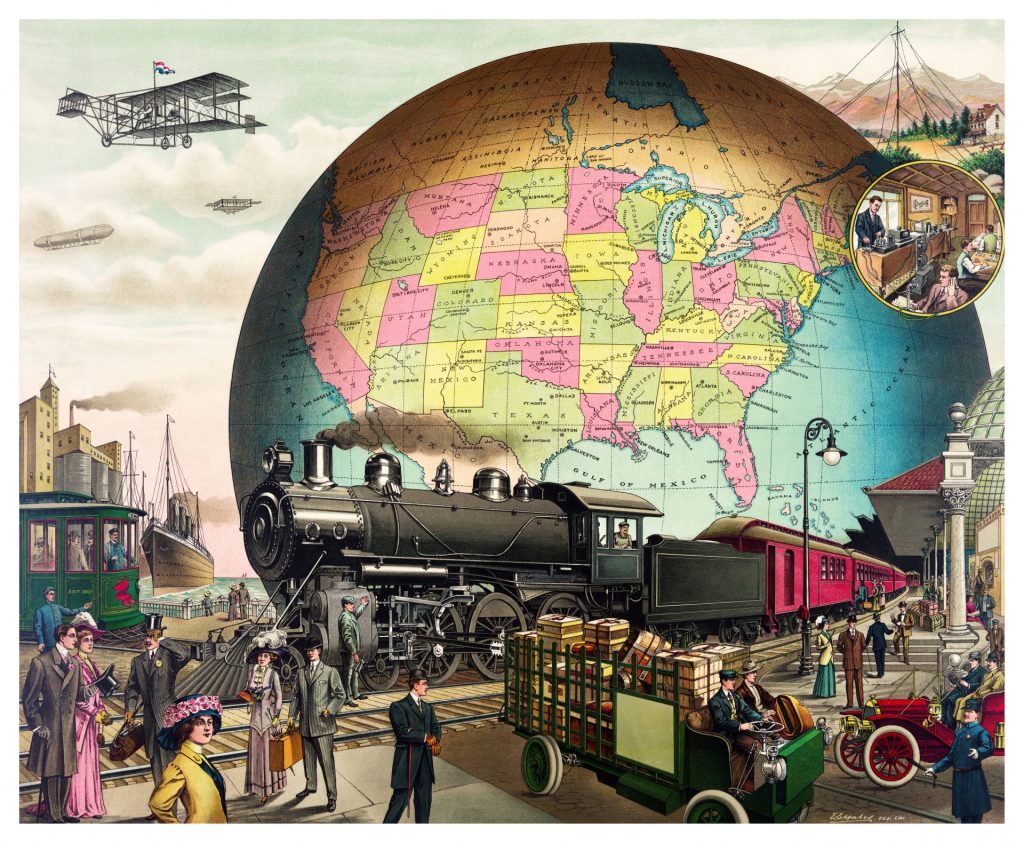
Jack Mellender travels on a lyrical romp through many decades of wild living in California. Shahnoza Ochildiyeva celebrates her educational and personal accomplishments. Ashraful Kabir conveys the journey of self-discovery with a metaphor of a boat ride as Abeera Mizra renders personal awakenings through determined verse and Nick Gunter laments that a person doesn’t recognize his capacity to change. Shukurillayeva Lazzatoy Shamshodovna outlines some pathways towards building new and positive habits while Robiya Ismailjonova brings a spiritual perspective to her call for moral accountability and repentance.
Nathanael Johnson highlights the internal struggles of a boy as he figures out how to grow into a man. Jessica Hu illustrates the self-destructive urges that can come with moments of despair.
Linette Rabsatt’s poetry prepares us for comfort, then joggles our mind with clever contradictions. Marc Frazier’s introspective poetry probes childhood, memory, desire, mortality, and our search for meaning. Noah Berlatsky humorously explores the sometimes-vague boundaries between whimsy and reality. Mark Young’s postwoman pieces frame the world’s many random offerings as gifts to be opened and explored. Susie Gharib speaks to the stories we take from history, mythology, literature, and science. Peter Cherches’ humorous story highlights the wonder, curiosity, and humor that emerges as very different beings meet each other.
Eva Petropoulou Lianou interviews Jeanette Eureka Tiburcio, president of a women’s intellectual organization, on how her new book is a fulfillment of a childhood dream and on her wishes for the world.
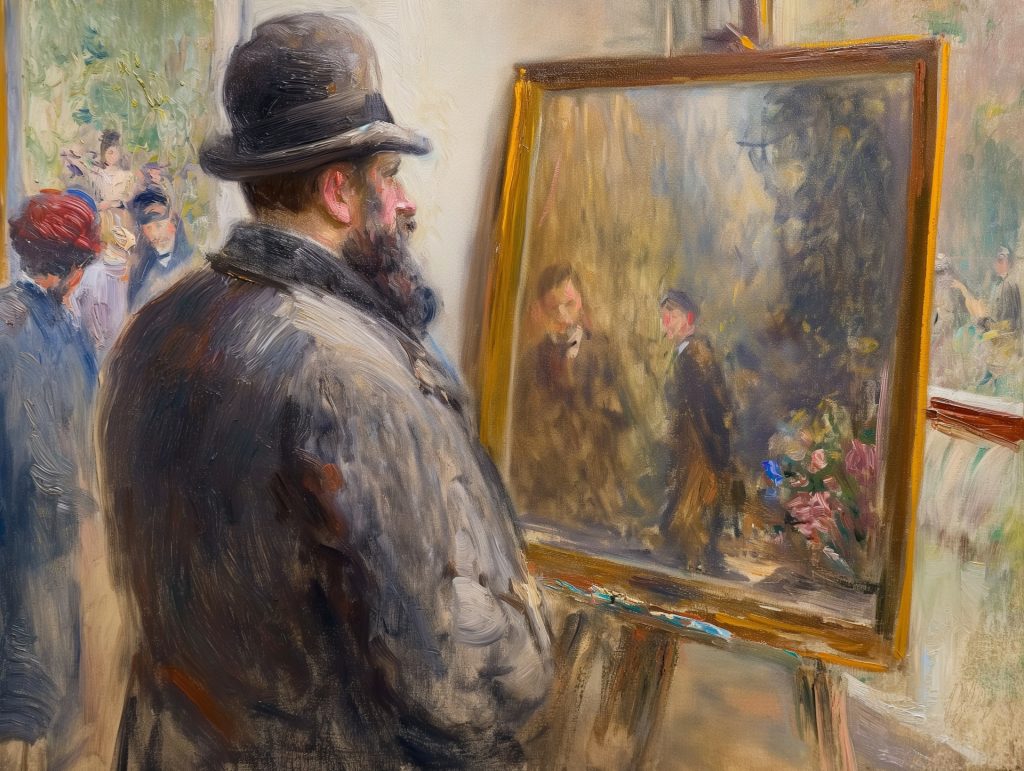
Yahia Lababidi’s book What Remains to Be Said shares aphorisms and blurbs of his wisdom. Gulsora Mulikboyeva reflects on the impact of a teacher who inspired her to better write in her native Uzbek language.
Farangiz Abduvahidova outlines the life and literary works of Uzbek poetess Mohlaroyim and her importance to Uzbekistan’s literary heritage. Maftuna Bozorova honors the cultural legacy of Uzbek poet Alexander Feinberg. Aziza Burkhonova discusses various pedagogical techniques for language learning. Olimova Shahina explores creative ways to teach English. Eva Lianou Petropoulou outlines the accomplishments of Italian Naive panter Nino Camardo. Mamazoirova Rayhona regales us with poetry on the beauty of the colorful Uzbek flag. Federico Wardal interviews Dr. Ahmed Elsersawy on his renewed efforts towards cultural partnership between Egypt and the United States.
Rachida Belkacem’s bilingual poetry evokes a transcendent spiritual companionship. Gabriela Peinado Bertalmio elucidates the beauty of the love between a mother and child. Rahmiddinova Mushtariy pays tribute to her wise and caring father. Duane Vorhees explores sensual intimacy from a variety of angles and perspectives. Lan Qyqalla jumps ahead to Valentine’s Day and autumn in his metaphoric and mythical love poems. Graciela Noemi Villaverde, within intricate verse, compares her love to a sunset and to the dawn.
Kassandra Aguilera illuminates the exquisite agony of unrequited love. After losing love, Taylor Dibbert finds unexpected comfort in solitude.
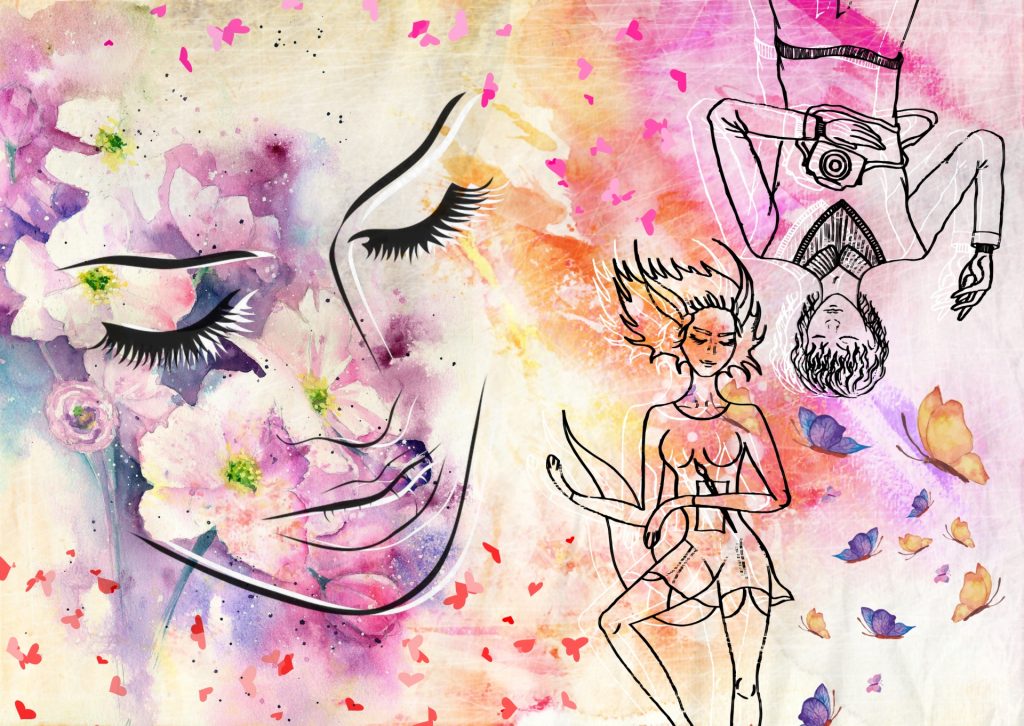
Don Edwards’ poetry deals with themes of love, loss, uncertainty, and the corrosive nature of domination and control on love. David Sapp’s poems critique the ease and sexiness all too many people have given to forms of violence and domination. Daniel De Culla lampoons dictators, and those with the ambition to become such, from around the world, including the U.S. Pat Doyne mourns the recent U.S. presidential election by parodying a famous poem about a loss in baseball.
Fayowole Benjamin’s poetry laments the toll of war on civilians and families. Mesfakus Salahin reflects on how some of the world is still reeling after the two world wars of the past century. Mykyta Ryzhykh evokes wartime and unanswered calls for love. Through his tale of violation and self-defense, Bill Tope highlights the ubiquitous problem of sexual violence. Christopher Bernard explicates and excoriates the violence inherent within neoliberalism manifested through healthcare systems, showing how organizations and procedures can be more destructive than thugs on the street.
Mirta Ramirez’ piece highlights how true romantic love can inspire artistic and intellectual creativity. Abigail George expresses her poetic hopes for peace in the Middle East as Lidia Popa highlights how artistic creation and the sharing of ideas can be noble pursuits bringing people together across cultures.
Z.I. Mahmud digs out the psychological and sociological and spiritual themes embedded within Samuel Beckett’s play Waiting for Godot, the tale of two “everymen” condemned, or blessed, with eternal anticipation. Arjun Razdan probes our obligations to each other in his short story “The Misanthrope” and questions what we owe each other and the best ways to do good.
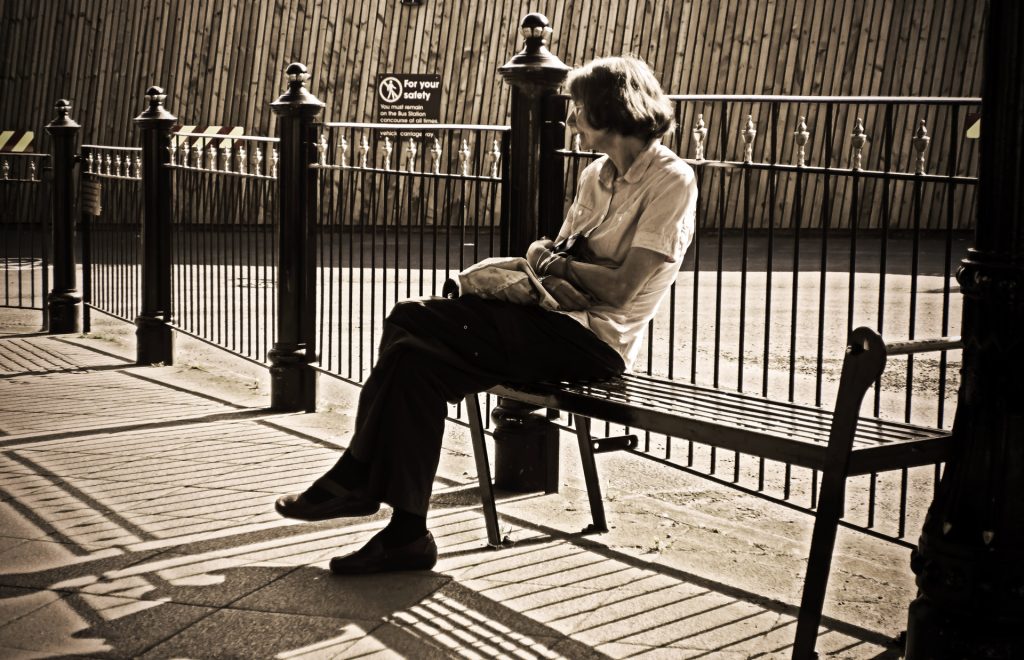
Peter J. Dellolio’s novel The Confession elucidates the psyche of a condemned man who may or may not be guilty. J.J. Campbell’s poetry emanates from the lingering effects of childhood abuse, memories particularly acute around the holidays. Jake Triola’s poetry troubles itself with the state of the world and the speaker’s perceived personal failures, yet finds solace in walking outdoors.
Jumanazarov Zohidjon ponders the calming beauty of rain while Sayani Mukherjee celebrates a beautiful day on the green earth. O’tkir Mulikboyev pays homage to snow, trees in winter, romance, his home country, song, cheer, childhood, and the holidays. Brian Barbeito reflects on nature and his childhood on a still, snowy day. Jacques Fleury revels in a woodland dawn and the diversity and richness of the natural world. Corey Cook’s new haiku chapbook heads held low hallows a sacred moment when a cardinal bird sings in an empty church.

Isabel Gomez de Diego’s photography illuminates the glory of a city lit up at night for Christmas. Marc Frazier’s photography spotlights moments of intersection among nature, urbanity, and the human imagination. In Mahbub Alam’s piece, a couple watches a thunderstorm from indoors through a window, captivated by the effects of the wind. In contrast, Sodiqova Adolatxon’s poetic speaker gets tired of staying inside through a rainstorm and longs to go back outdoors.
Nurmurodova Gulsoda explores elements of trigonometry in her piece, reveling in the beauty of mathematics as one of the languages of nature. Jasur Mulikboyev celebrates the way a gifted chemistry teacher makes the material come alive for students. Ruxshona Toxirova presents some methods for better diagnostics and treatment for children with type 2 diabetes.
Maftuna Mehrojova outlines the need for and progress towards sustainable and green economic development in Uzbekistan. Alisher Muhtarjonov issues a strident call for people of the world to protect nature.
Eva Lianou Petropoulou encourages us to choose care and respect for others in the face of life’s personal and global struggles. Zuhra Ruzmetova celebrates the New Year and the dawning of renewed hope. Lilian Dipasupil Kunimasa reflects on the meaning of the nativity scene and on starting afresh to choose kindness and a compassionate attitude in the New Year.

I’m interested in hiring Synch Chaos for a corporate event in downtown Los Angeles. Can you provide information on customized setlists for private events? Also, please let me know your availability for a 3-hour performance on a Friday in late September and provide a quote for your services, including any additional equipment or personnel fees.